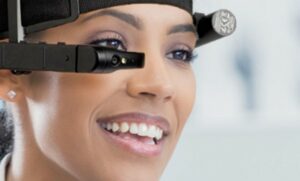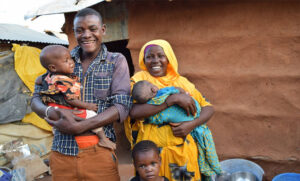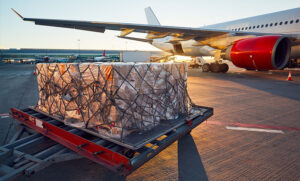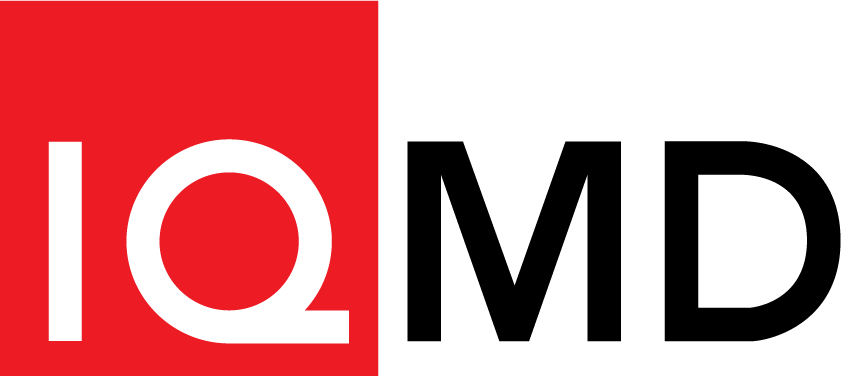Delivering Aid to the Toughest Spots

First-Class Medical Care With State-of-the-Art Technology

Trusted Local Presence
With Global Reach

Maximum Impact
With Maximum Efficiency
Operating Experience
Delivering Aid to the Toughest Spots
Our team has extensive operating experience in Mali and conflict zones such as Iraq and Ukraine.
Members of our team have been providing humanitarian aid since 2004, bringing essential services, medical aid, schools, water, and solar projects. We forge strong relationships with institutions and community leaders at every level of the government to meet the needs of their citizens. We are confident we can deliver anywhere in the world.
Healthcare For Refugees
There is no single model for setting up health services in a refugee settlement: this will depend on the specific context, disease patterns, possible outbreaks, the resources available and existing health facilities. Over 50% of the mortality in refugee situations is caused by only four communicable diseases:
- Diarrheal Diseases
- Acute Respiratory Infections
- Measles And Malaria
- Malnutrition often acting as an aggravating factor.
These diseases are expeditiously diagnosed and treated. Early diagnosis and treatment through accessible health facilities, combined with active case finding, are the key to successful health care services.
Healthcare Model
The Top TEN Priorities
1. Initial Assessment
2. Immunizations (e.g. Measles, COVID-19, Malaria, Flu)
3. Water & Sanitation
4. Food and Nutrition
5. Shelter & Site Planning
6. Plan for Emergency Care
& Preventative Care (e.g. Diabetes)
7. Control of Communicable
Diseases & Epidemics (Covid-19)
8. Public Health Surveillance
9. Human Resources & Training
10. Coordination & Security
Telemedicine Components
Telemedicine
We provide the following essential components of a successful telemedicine campaign:
- High Speed Internet (Starlink) or Cellular Data
- Remote Patient Monitoring (RPM)
- Smartphone and Tablet Availability
- Wearable Virtual Medical Technology
Telemedicine will allow us to provide first-class services to anyone, anywhere in the world. Furthermore, medical professionals can virtually exchange skills and knowledge across the world regarding the current best practices.
TELEMEDICINE For the displaced
We didn’t invent telemedicine, but we’ve perfected and customized it as an important tool for delivering high-quality healthcare.
The COVID-19 Pandemic has accelerated the advancement of telemedicine, artificial intelligence (AI) and augmented reality (AR) in healthcare with goals of delivering the same or even better care via remote patient monitoring (RPM), and wireless multi-functional wearable devices.
IQMD became an early adopter of this technology in caring for displaced people.
By bringing in telemedicine and vocational training as a component of our refugee care, the IQMD approach will significantly increase access to education, healthcare, and opportunity.
This will not only be a refugee project. It will also provide educational and economic sustainability to Mali and have a positive impact on the entire African continent.
Customized Utility
Tech Advantage
IQMD TECHNOLOGY
Smart Glasses and Augmented Reality (AR) is revolutionizing the delivery of medical services.
IQMD technology allows physicians to examine, diagnose and treat patients from remote locations. Sub-Saharan Africa, for example, is home to 11% of the world’s population, and has 24% of the global burden of disease. Yet it only has 3% of the global health workforce—less than 50% of births are attended by a medical professional. Our telemedicine technology enables a physician from a remote location to be virtually present to assist in the most difficult of situations.
STAFFING MODEL
Example of a staffing model for 100,000 refugees
*Numbers based on UN Guidelines which require 660 medical professional for 100,000 displaced persons. 204 additional medical professionals added for enhanced value. Additional roles include more Doctors, Clinic Admin, Dentists, Optometrists, Social Workers for Mental Health, Clinical Support, Housekeeping, Medical Clerks, and Drivers.
THREE PHASE APPROACH
1. START UP
3 months
![]() Scope Study Report
Scope Study Report![]() Logistical Planning
Logistical Planning![]() Regulatory Compliance
Regulatory Compliance![]() Core HR Talent Contracts
Core HR Talent Contracts![]() Accounting/Reporting
Accounting/Reporting![]() Medical Team
Medical Team![]() Telemedicine Team
Telemedicine Team![]() Localized Support Team
Localized Support Team![]() Short Term Plans
Short Term Plans![]() Immunization Plans
Immunization Plans![]() Minimal Standards Preparation
Minimal Standards Preparation
2. ON THE GROUND PREP
3 months
![]() Establish Minimum Initial Field Operating Standards
Establish Minimum Initial Field Operating Standards![]() Establish Health Assessment & Vaccination Plans
Establish Health Assessment & Vaccination Plans![]() Core Medical Team In Place
Core Medical Team In Place![]() Medical Supplies, Equipment, & Medicine
Medical Supplies, Equipment, & Medicine![]() Coordination with Different Partners & Governments
Coordination with Different Partners & Governments![]() HR Evaluation, Training & Logistical Support
HR Evaluation, Training & Logistical Support
3. IMPLEMENTATION
Ongoing
![]() Advanced Field Operating Standards In Practice
Advanced Field Operating Standards In Practice![]() Proper Quality Management Systems In Place
Proper Quality Management Systems In Place![]() Proper Operational Capacity
Proper Operational Capacity![]() Scenario Based Contingency Plan
Scenario Based Contingency Plan![]() All Medical & Support Teams In Place
All Medical & Support Teams In Place![]() All Supplies & Local Teams In Place
All Supplies & Local Teams In Place
